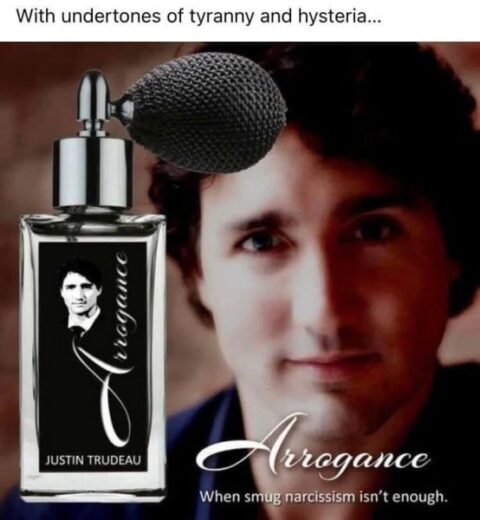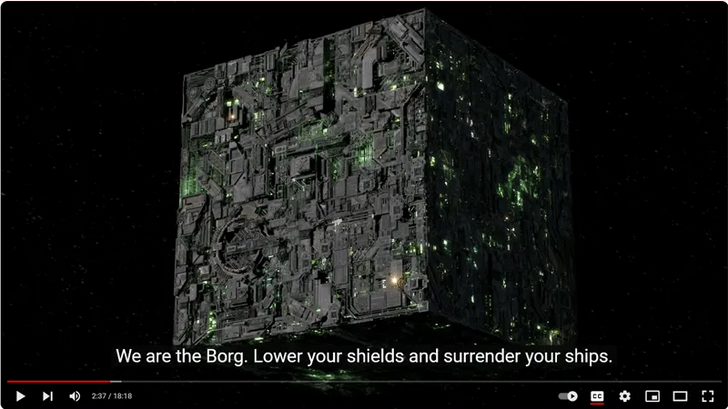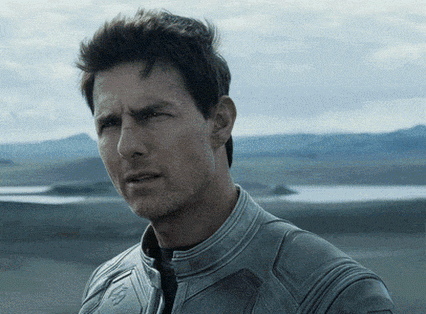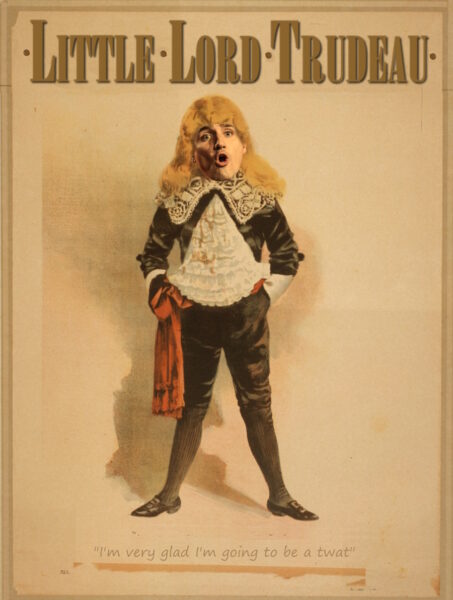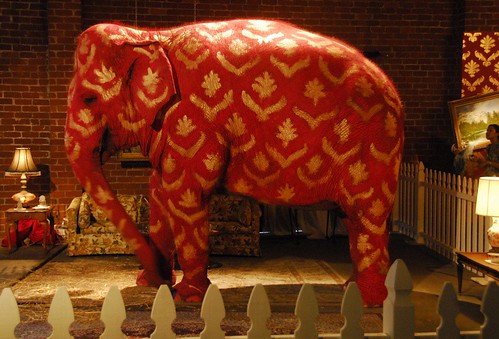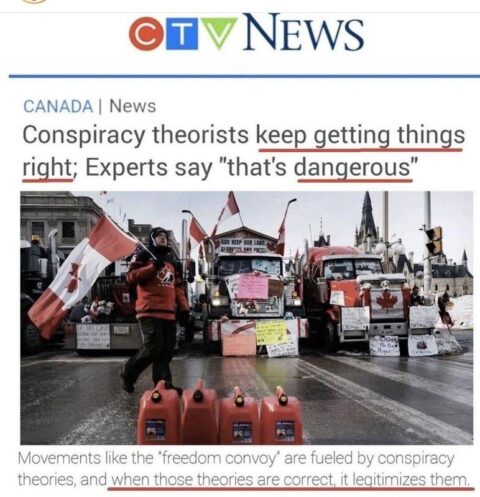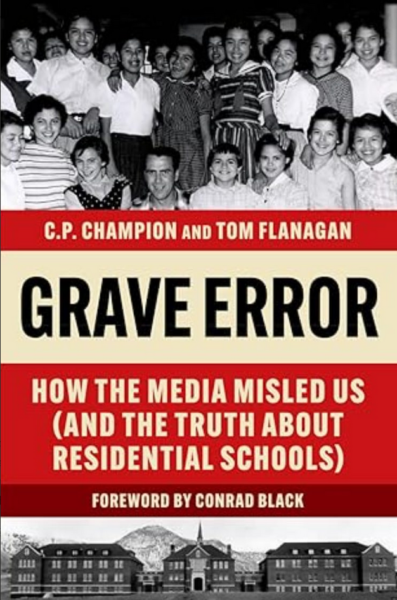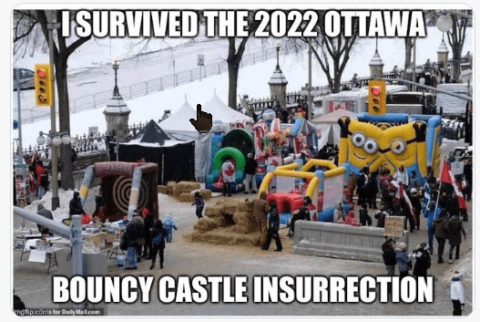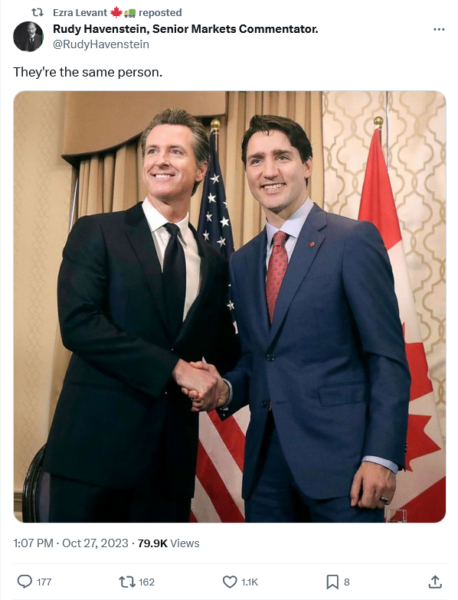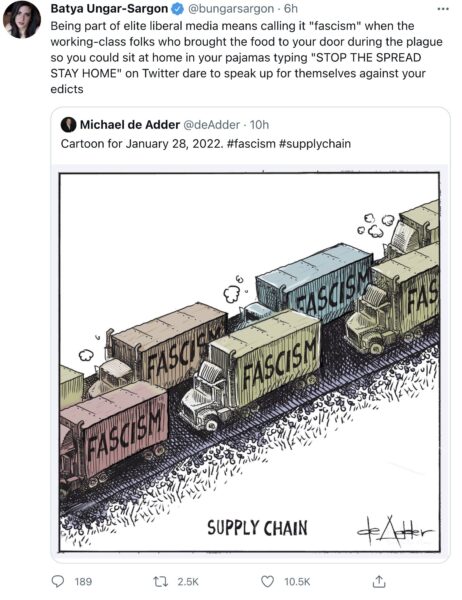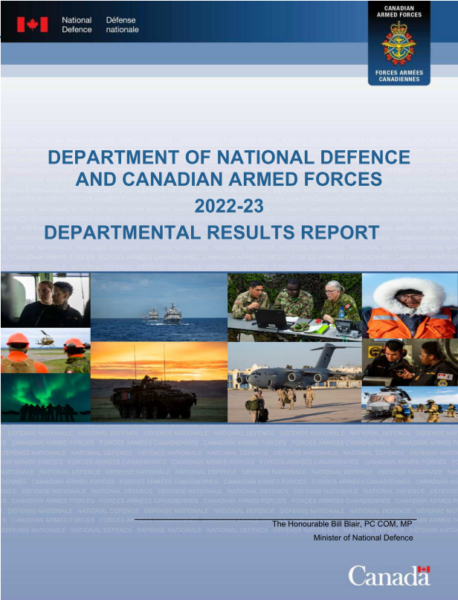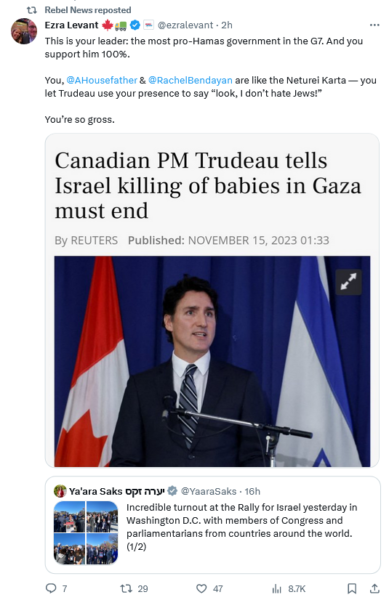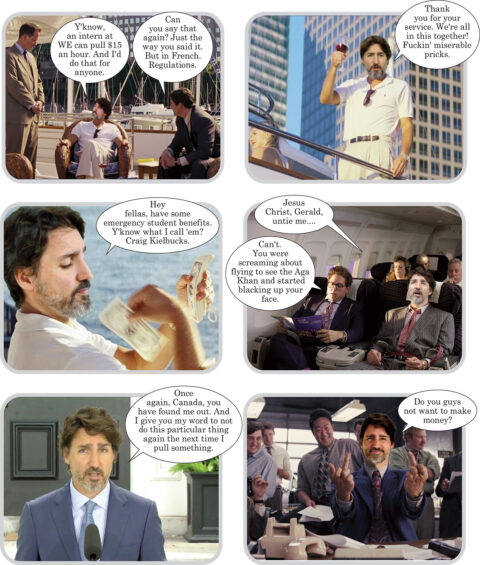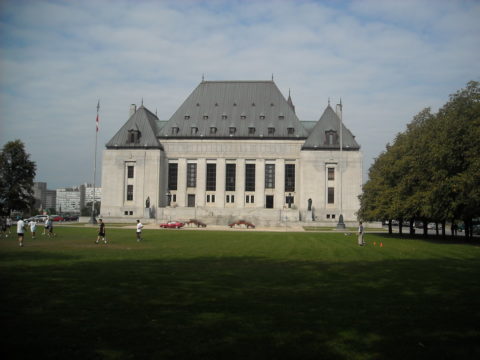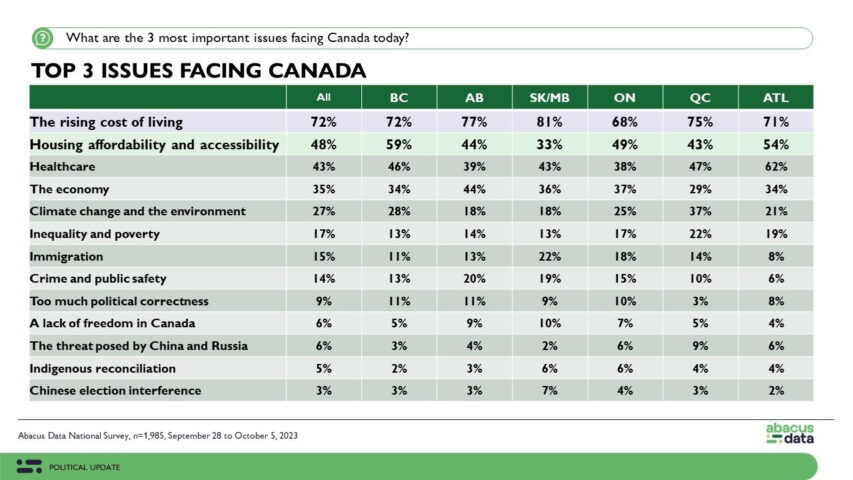In The Line, Jen Gerson gets up a full head of steam (to borrow Matt Gurney’s phrase) over the Prime Minstrel’s brief visit to Alberta and what he revealed about his worldview and his sense of his own importance in an interview with a non-mainstream journalist:
Watching Prime Minister Justin Trudeau give an extended interview to Alberta’s Ryan Jespersen is the first time I’ve ever felt visceral concern about the man leading this country.
I genuinely don’t mean this in any mean or partisan sense. What I mean is that this interview raised serious concerns about Trudeau’s headspace, his judgment, and whether or not this man in particular should be leading the country right now.
The interview wasn’t a disaster: Trudeau brought up fair points that deserve more consideration in Alberta, and I will discuss them here.
But on the whole, what I see here is a man who has wildly inflated his own policy achievements while in office. What I see is a man who cannot accept responsibility for his shortcomings, nor for the real decline in both state capacity and quality of life now affecting Canadians. What I see is a man who won’t take accountability for his own unpopularity.
And, most concerning, what I see is a man who thinks of himself as a messianic figure; a man blind to his own partisan ideology and bad behaviour, but hyper attuned to the same in others. A man who divides the world between black hats and white, and cannot admit the possibility of a legitimate alternative viewpoint — and can, in fact, only explain the very existence of such viewpoints by resorting to the belief that all of his critics have been fooled. Fooled. A word he uses over and over and over again, without realizing the contempt this word betrays of his own feelings toward his audience.
This is a prime minister who cannot see the beam in his own eye; who exemplifies the trait — best summed up by National Post columnist Chris Selley and cited often here at The Line — that Liberals are the sort of people who are sincerely convinced they would never do the sorts of things they routinely do, or are in fact currently doing.
Let’s start with the quotes.
Trudeau starts out by noting that right-wing politicians create wedge issues. “A lot of what the right is doing is about stoking up anger without offering any solutions.” And insisting that right-wing politicians have “realized it’s easy to instrumentalize anger and outrage to get people to vote in a way that is not necessarily in their best interests”.
The last two elections called, Mr. Trudeau. They would like to discuss guns, abortion, vaccine mandates, and pretty much every single other ballot question the Liberals have abused to squeak out minority victories by maximizing vote efficiency in crucial central Canadian ridings.
Of course, it doesn’t count when Liberals court disinformation, or stoke irrational fear about their opponents, because when they do it, they have Canadians’ best interests at heart. They’re the good people, you see.
For when you’re on the side of the angels, on a mission to preserve democracy itself from the manipulative wiles of right-wing politicians out to fool people from holding wrong opinions, what means are not justified?
I would also point out that in the same way that it would be insulting and inappropriate for me to delegitimize Trudeau’s authority by arguing that he obtained two weak majorities by fooling Canadians via manufactured outrage on wedge issues, so too is he required to show some deference to the will of the voters of Alberta. One does not have to agree with everything Premier Danielle Smith does or says or proposes to demonstrate respect for the fact that she is the elected leader of the province, a role she secured in a free and fair election. But, alas.
Donna LaFramboise also reacted to the Ryan Jesperson’s interview of Justin Trudeau, saying that he’s like the Borg from Star Trek:
While visiting Alberta this week, Justin Trudeau was interviewed live by Ryan Jespersen, a former Edmonton morning show host whose podcasts are available on YouTube and elsewhere. That’s when our Prime Minister said the following:
There is, out there, a deliberate undermining of mainstream media. There are the conspiracy theorists, there are the social media drivers who are trying to do everything they can to … prevent people from actually agreeing on a common set of facts — the way CBC and CTV, when they were our only sources of news (and Global) used to project across the country at least a common understanding of things.
Mr Trudeau referred to “people on the fringes” who eschew the “mainstream view”. He said his government’s trying to “make sure Canadians understand the importance of not being fooled by misinformation, by disinformation”. Earlier in the interview, he said Albertans were being “fooled by right-wing politicians” and that oil sands workers have “been fooled” by energy companies.
Mr Trudeau is the Borg from Star Trek. He doesn’t respect alternative views. He has zero interest in listening or negotiating. If your analysis conflicts with his, you’re the problem. Renounce the fringe. Fall into line like the other Borg drones. Adopt the common understanding of things being fed to you by the government funded mainstream media.

